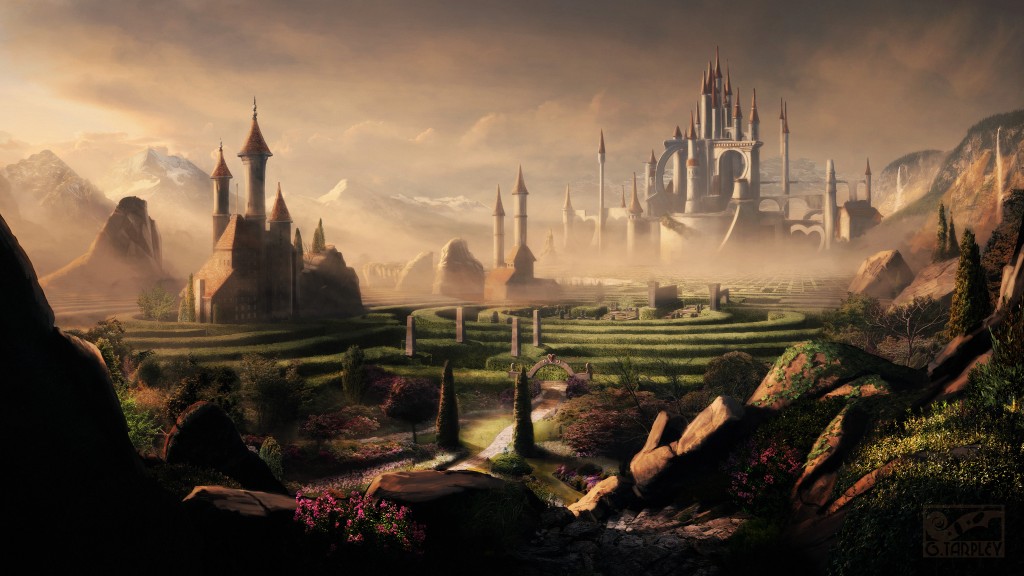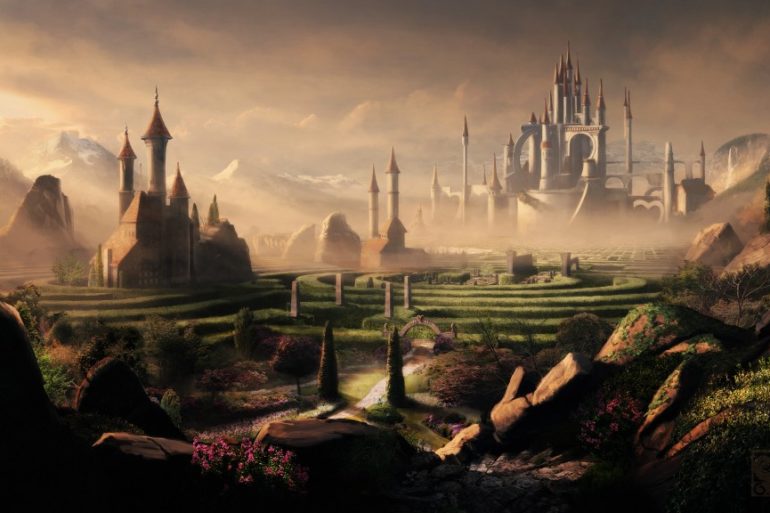The Importance of World-building and Setting for your Fiction
Imagine Harry Potter without Hogwarts, Titanic without the ship, and Avatar without Pandora. How would the book or the movies look and feel? Will the plotline and characters be as much interesting as they are now without the setting? I doubt it would. Settings or worlds in books play a very crucial role. As an author, you may focus on building your character and plots to write an engaging book. But, where will your story happen? Where do they live and what do they do? How do they interact with others people and objects in the world? You can find an answer to all these if you have thought of a setting or a world for your characters to dwell in, and your story to unfold.

Why is it Important to Focus on the Setting and World for your Book?
No matter if the world in your book is fictional or real, it has to be there (regardless of whether they are described in detail or vaguely). If you feel why it is so important to put too much thoughts on creating a setting for your story, check the following points out.
- First off, it’s simple physics. For something to happen, you need time and space.
- Setting influences the way your characters react and respond. It reveals to readers about a character’s cultural background, mindset, and the likes.
- Setting allows readers to visualize characters and your story better.
- Without a setting, it is difficult to take a story forward.
- The setting and the environment where your story takes place is as important as the characters in your book.
- It’ll make your writing better and allow you to be more creative.
Tips to Create a Fictional World
To be honest, it is rare that a real-world setting is re-created in a book. No matter how hard you try, you involuntarily end up adding a little bit of a fiction to it. So, if you are looking for creating a setting for your book, or planning to modify an existing one to suit your story, here’re a few tips that would help you.
Take inspiration from places in the real world
Research a lot of places that would suit your story. If your story involves the protagonist escaping into a snow-covered hilly region, look up places like the Himalayas and get to know how it feels to survive extremely low temperatures and how one would react under such conditions. The more your setting is based on a real-world place, the more your readers would relate to and believe it. Didn’t it take some time for you to accept the setting of the Cooper Station in Interstellar?
Think about the Time, Era, Climate, and other aspects of Your World
Remember that everything that happens in your world has a direct or an indirect influence on your character’s lives. A fictional world where recession is at its all time high will lead to the protagonist getting laid off; altering the way the story would unfold. Throughout the book, your characters would constantly interact with the objects in the world. So, take into consideration elements like climate, objects, time, location, and even culture.
Get inspiration from other Books or movies
If you’re too confused about the setting up the fictional world for your book, try to get inspirations from books or movies and imagine where you would have had the story set if the book was written by you. Reading some books that have detailed descriptions of locations also help you understand how to describe the world in your story and tie it back to the activities of your characters.
Don’t go overboard
At the same time, don’t get too much enthusiastic about creating a fictional world for your book and start paying attention to too many details. Unless you’re writing a fantasy novel, you don’t have to work too hard on this. Also, don’t take readers for granted as well. Just because it is you who has created the world, readers need not necessarily believe it. If your world is too weird, readers would find it unreal and childish. That’s why you have to ground your world to some aspects of the real world.
Now, that you have some ideas on how important locations and setting are for fiction-novels, start off with describing the room or the place you’re sitting right now. Frequently, write short paragraphs depicting your setting. This will help you think of settings for your book and precisely describing them in words.





